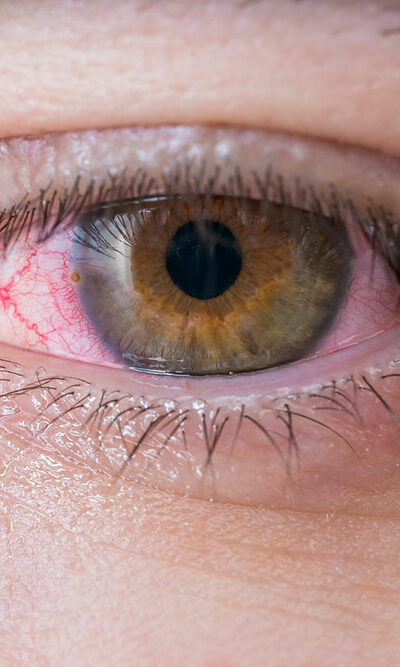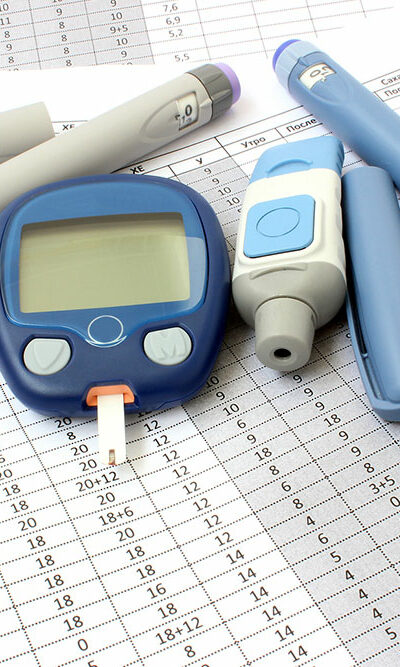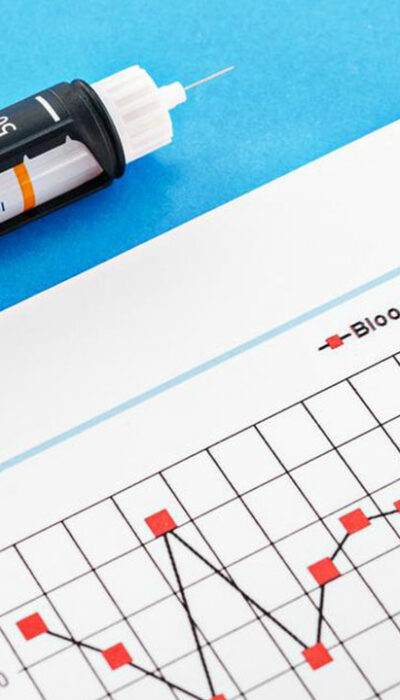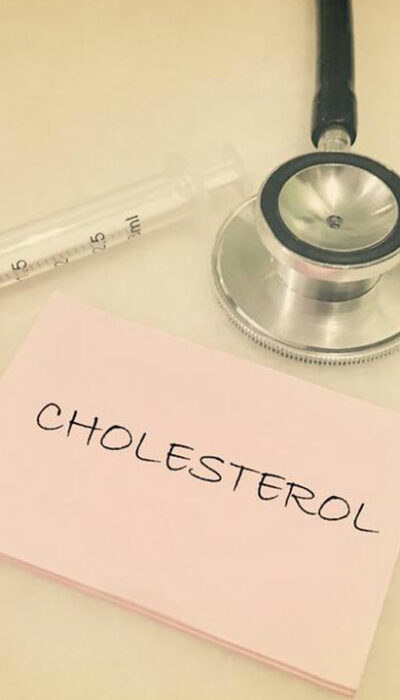
Diagnosis and Treatment Options for High Cholesterol
The food items we eat greatly influence our health. In today’s food market, processed and junk food is quite high in consumption. This leads to a variety of diseases including high cholesterol. Cholesterol is a waxy substance in the lipids in your blood. While cholesterol is a necessity when it comes to building healthy cells, having high levels of cholesterol in the body increases your risk of the onset of heart diseases. Cholesterol level diagnosis is a necessity when it comes to determining the cholesterol levels in your blood. The only way to determine cholesterol levels in your blood is a blood test. High cholesterol in your blood may lead to the development of fatty deposits in your blood vessels. These deposits hamper the flow of blood through your arteries. Having a decreased flow of oxygen-rich blood increases your risk of heart disease and may lead to a stroke as well. We have covered the course of cholesterol level diagnosis and treatment. Cholesterol level diagnosis LDL cholesterol level diagnosis – Mentioned below is LDL cholesterol level diagnosis. Having cholesterol levels below 70 mg/dL is best suited for people suffering from diabetes or heart disease. Having cholesterol levels between 100 mg/dL and 129 mg/dL is near optimal if you are not suffering from heart disease, and high if you are. Having cholesterol levels between 130 mg/dL and 159 mg/dL is borderline high if you are not suffering from heart disease and high for those suffering from heart disease. If your LDL cholesterol levels are between 160 to 189 mg/dL, it is considered to be high. If you are suffering from heart disease, these levels are dangerous. If your cholesterol levels are above 190 mg/dL, they are very high. You should seek immediate treatment for the same. HDL cholesterol level diagnosis – The lower the amount of LDL in your blood, the better it is for your health.










